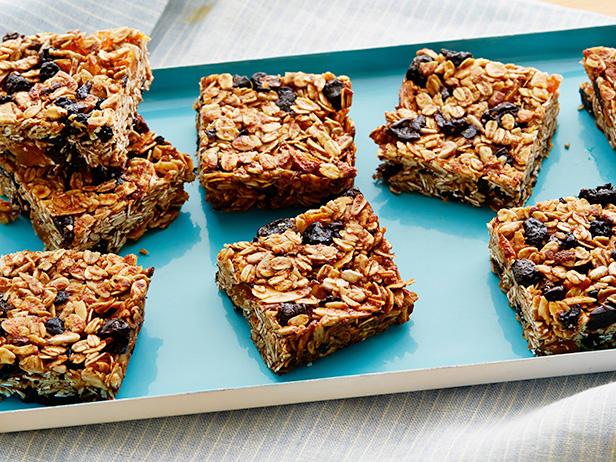Are The Foods Shown Healthy Or Are They Really Healthy

Some foods that we eat, may seem healthy. But the question is….Are Health Foods really Healthy?”.
Nutritional labels of many brands shout phrases such as “Low cholesterol, Low fat, No added sugar, organic foods, multigrain”. However, unhealthy choices lurk among even the most-healthy seeming foods. For instance, chewing onto an energy candy or granola bars. It may seem extremely nutritious and providing one enough energy. There lies the MYTH! The high energy comes from the high calories, coming from high fats and high sugar in the bar.
1.THERE’S NO MAGIC, BUT SIMPLY HIDDEN DIET HAZARDS.
2.THE FIGHT BETWEEN NATURAL FOODS & ARTIFICIAL FOODS!
3.DO JUSTICE BY READING THE NUTRITIONAL LABEL CAREFULLY : DOESN’T SOUND NATURAL ANYMORE, DOES IT ?
THE HEALTHY MYTH’S CONSIDERED UNHEALTHY!
ENERGY AND GRANOLA BARS
Extremely high in fats, sugars and calories. The name “low-fat” just swaps sugar for fat and as many calories than regular versions.
Lessons Learnt : AVOID these bar’s completely.
SALADS WITH UNHEALTHY FATTY DRESSINGS
Vegetables are healthy. Yes! But the question is “Are The Salad Dressings Healthy?”
Lessons Learnt : Before ordering a salad, check all the dressings and other add-on’s.
GELATO Vs ICE CREAM
Gelato is more creamy and dense than ice cream and is often lower in calories, fat and sugar. Depending on the type and portion size you choose, gelato may not always be a healthier option than ice cream.Fruit-flavored gelato may also contain additional sugar due to the natural sugars found in fruit. Many gelato shops top gelato with chocolate or fruit sauces, which also increase calories and sugar.
Reality : ICE- CREAMS WOULD BE A HEALTHIER OPTION OVER DENSE GELATOS.




